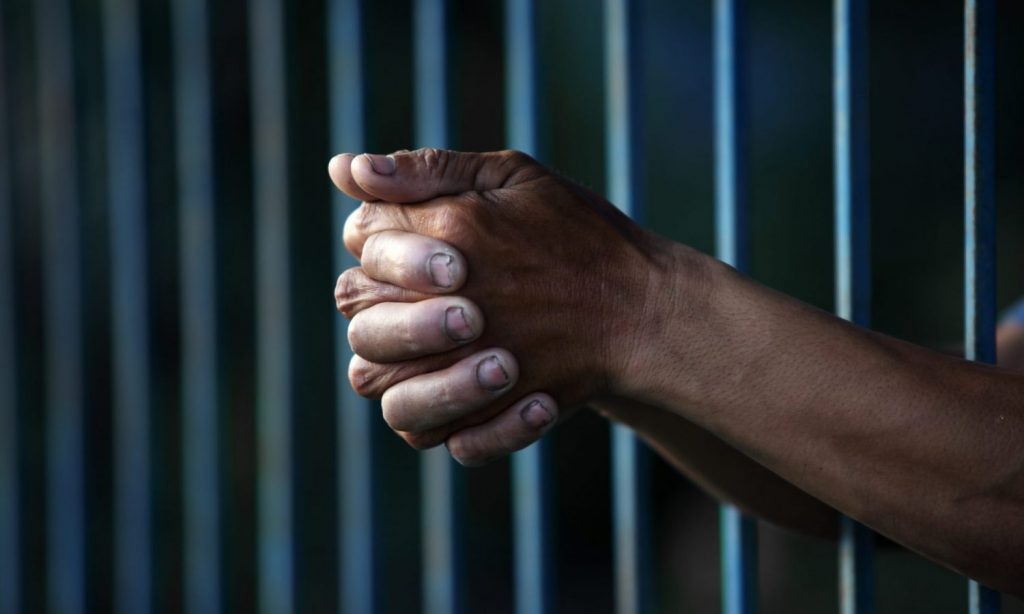
New study results: cannabis decriminalization benefits black people
By Jelena Martinovic
African Americans are nearly four times more likely to be arrested for marijuana possession laws than whites, although both groups are about equally likely to use cannabis, according to the ACLU. Various analyzes of arrests related to marijuana in recent years have proven this fact.
However, according to a new study by researchers at the University of California San Diego, cannabis decriminalization policies appear to reduce racial disparities in possession arrests, Forbes reports.
Photo by Gleti / Getty Images
A sharp drop in arrest rates for cannabis possession
The results suggest that the decriminalization of cannabis resulted in a 70% decrease in cannabis possession arrest rates in adults and over 40% in adolescents.
The study, which was published in the peer-reviewed journal Social Science & Medicine, took into account data from the FBI Uniform Crime Report from 37 US states from 2000 to 2019.
And while a 17% decrease in racial differences among adults is evident, there has been no evidence of a decrease in racial differences between black and white young people after the decriminalization of marijuana. However, this was related to a decline in arrest rates among blacks and whites.
The study found that the main reasons for such a decline appear to be recreational cannabis laws. Additionally, with regard to medical marijuana, there has been limited evidence of such an association.
Decriminalizing marijuana as an option for cannabis liberalization
“The decriminalization of cannabis appeared to be particularly beneficial for blacks, who suffered most from the negative consequences of criminal sanctions,” the study says. “Taken together, we encourage lawmakers and public health researchers to reconsider decriminalizing cannabis as an option to cannabis liberalization, particularly in states regarding the unintended consequences and implementation costs of legalizing medicinal and recreational cannabis.”
RELATED: Legalization Dynamic: Courts Wipe Out 362,000 Marijuana Cases in New Jersey, Arrests Down 90% in VA
However, the researchers said they failed to identify a link between recreational cannabis legalization laws and racial differences in arrest rates due to a lack of evidence.
Nor were they able to determine whether the decline in racial differences among adults was due to individual cannabis possession or a change in behavior on the part of law enforcement agencies.
 Photo by sakhorn38 / Getty Images
Photo by sakhorn38 / Getty Images
In the end, the study indicated that “it is possible that law enforcement behavior has not changed: after decriminalization, blacks may still be more likely to be stopped, questioned, or searched for cannabis possession than whites.
RELATED: Cannabis Equity and the Promise of Redress for the War on Drugs
“But if these behaviors did not lead to arrests due to decriminalization, racial disparities in arrest rates would still decrease,” the study says. It is also possible that blacks were more likely to respond to decriminalization by having less cannabis below the lowest crime threshold compared to whites. “
Another study shows the same thing
With the study, California researchers confirmed the results of a study recently published by the American Medical Association.
RELATED: Sports Star Arrested For ridiculous amounts of weed – and other reasons we need to legalize marijuana
Researchers at Eastern Virginia Medical School and Saint Louis University analyzed data from 43 states collected from 2008 to 2019, only to find that the repeal or relaxation of laws surrounding marijuana was associated with a significant decrease in arrest rates compared to states who kept cannabis illegally.
In addition, the study also found that “adult and juvenile cannabis arrests in states that have not changed cannabis policies have increased over time,” with racial disparities in arrest rates also increasing.
This article originally appeared on Benzinga and was republished with permission.

Post a comment: